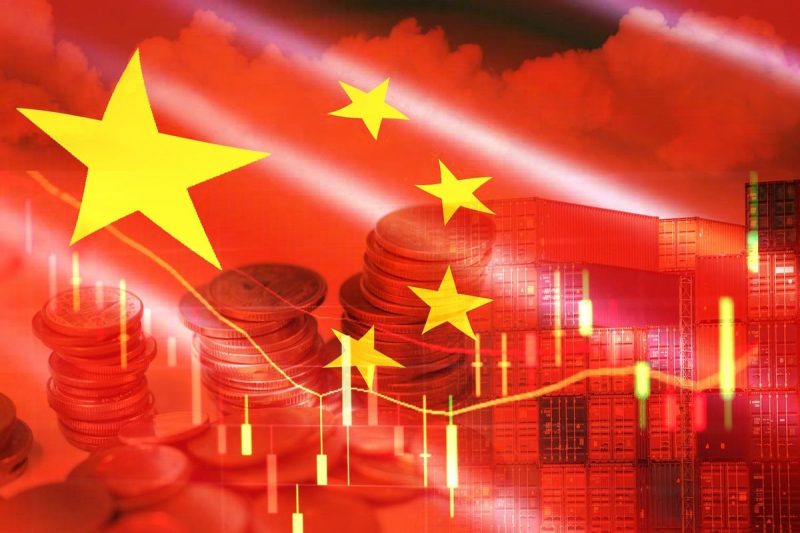China Restricts Key Critical Minerals Exports in Response to US Chip Controls
The global technology industry is currently facing a critical challenge as China moves to restrict exports of key critical minerals in response to the United States’ controls on semiconductor technology exports. This development has significant implications for the global supply chain, particularly in the manufacturing of electronic devices and renewable energy technologies.
China’s decision to limit the export of critical minerals, including rare earth elements and other vital components used in electronic manufacturing, comes as a response to the US government’s ongoing efforts to restrict the export of semiconductor technology to Chinese companies. This move by China is viewed as a strategic economic weapon, aimed at asserting its dominance in the global technology market and reducing its reliance on imported semiconductor components.
The restrictions imposed by China are expected to have far-reaching effects on industries that rely heavily on these critical minerals, such as the electronics, automotive, and renewable energy sectors. The sudden limitation of the supply of key minerals could lead to production delays, increased costs, and potential disruptions in the global supply chain.
One of the most significant impacts of China’s export restrictions is likely to be felt in the semiconductor industry. As one of the world’s largest producers of semiconductors, China’s decision to limit the export of critical minerals could disrupt the production of chips used in a wide range of electronic devices, from smartphones to computers to automotive components.
Moreover, the restrictions could also affect the development and production of renewable energy technologies, such as solar panels and wind turbines, which rely on these critical minerals for their manufacturing processes. The sudden scarcity of key minerals could slow down the expansion of clean energy infrastructure and hinder efforts to combat climate change.
In response to China’s export restrictions, countries around the world are now reconsidering their supply chain strategies and looking for alternative sources of critical minerals. This shift is likely to lead to increased competition for limited resources and could potentially drive up prices of these minerals in the international market.
The situation underscores the importance of diversifying supply chains and reducing dependence on a single source for critical minerals. Investing in domestic production of these minerals and fostering international partnerships for resource sharing could help mitigate the impact of export restrictions and ensure the stability of the global supply chain in the long term.
In conclusion, China’s decision to restrict exports of key critical minerals in response to US chip controls is a significant development that will have far-reaching implications for the global technology industry. The resulting disruptions in the global supply chain underscore the need for increased cooperation and strategic planning to ensure the stability and security of critical mineral supply in the future.

